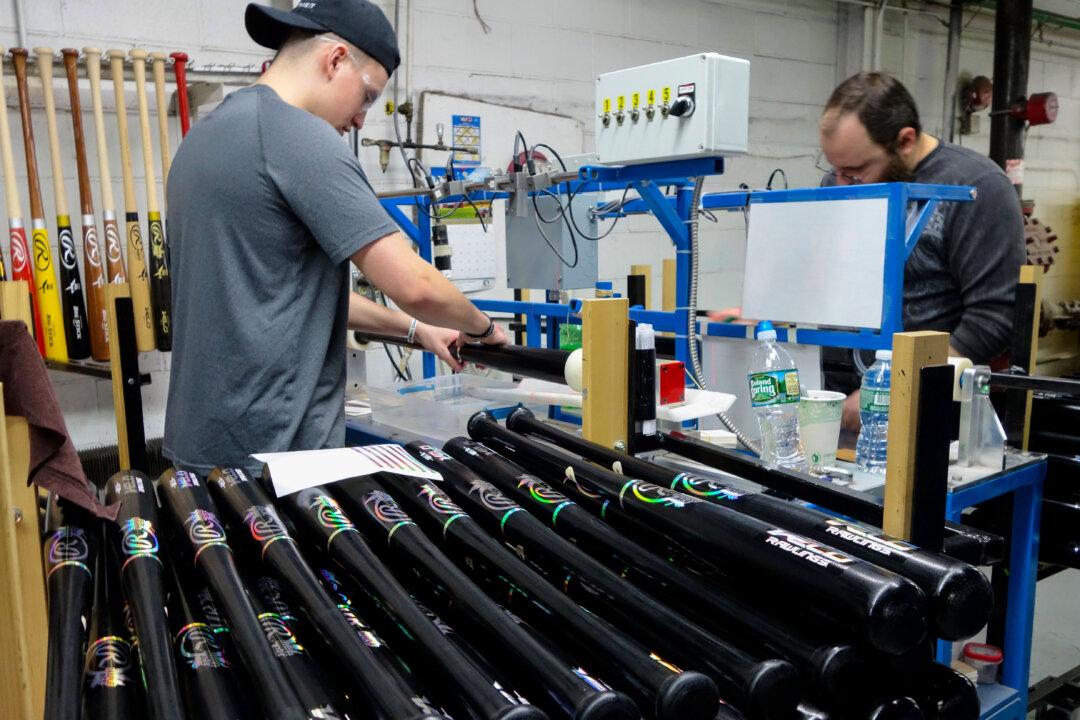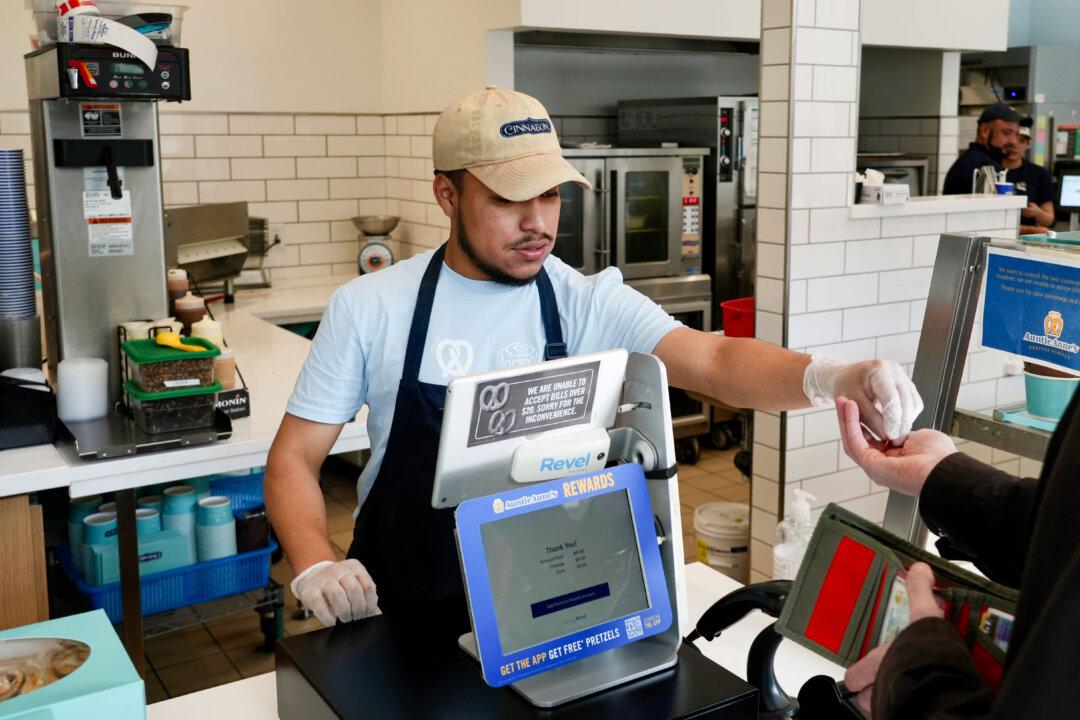Nearly seven in 10 full-time employees in the United States will voluntarily look for or have already found extra work or side hustles this holiday season so that they can afford their gift-giving plans, according to a new study. The majority admitted that they can’t afford the holidays with only their primary job. Some personal financial advisers and analysts believe that inflation continues to be the catalyst for those looking for additional income.
The latest study by Resume Templates shows that 40 percent of full-time employees said they’ve already taken on extra work this year, and another 30 percent plan to do so.





